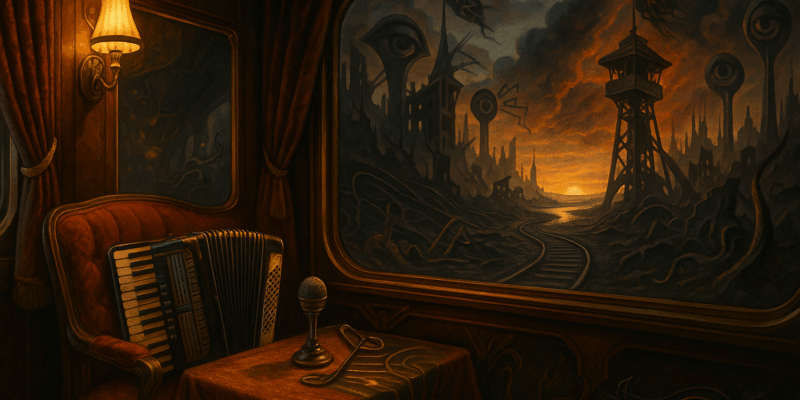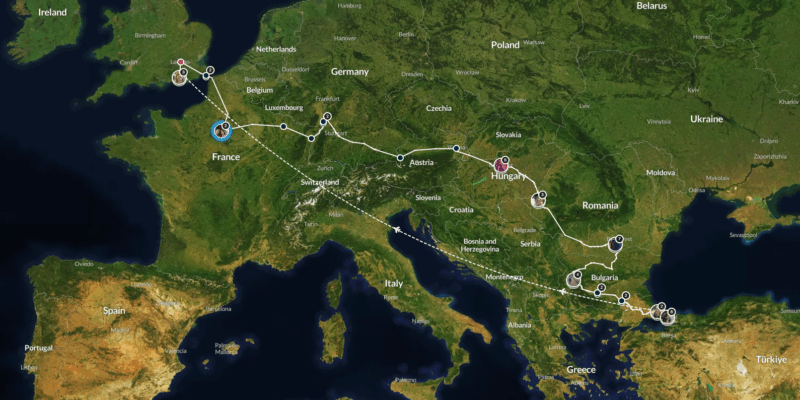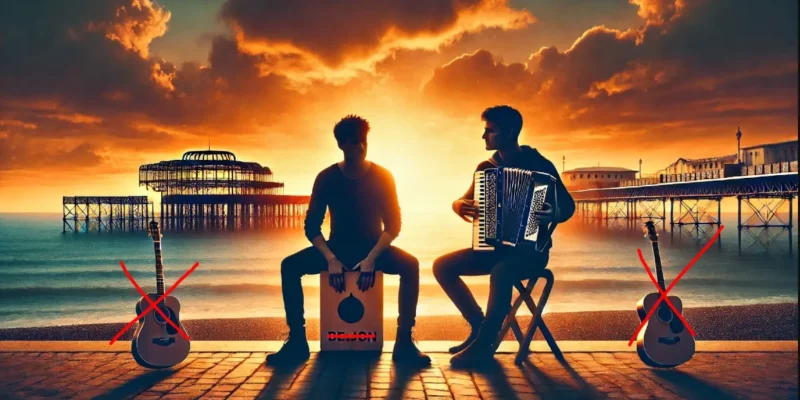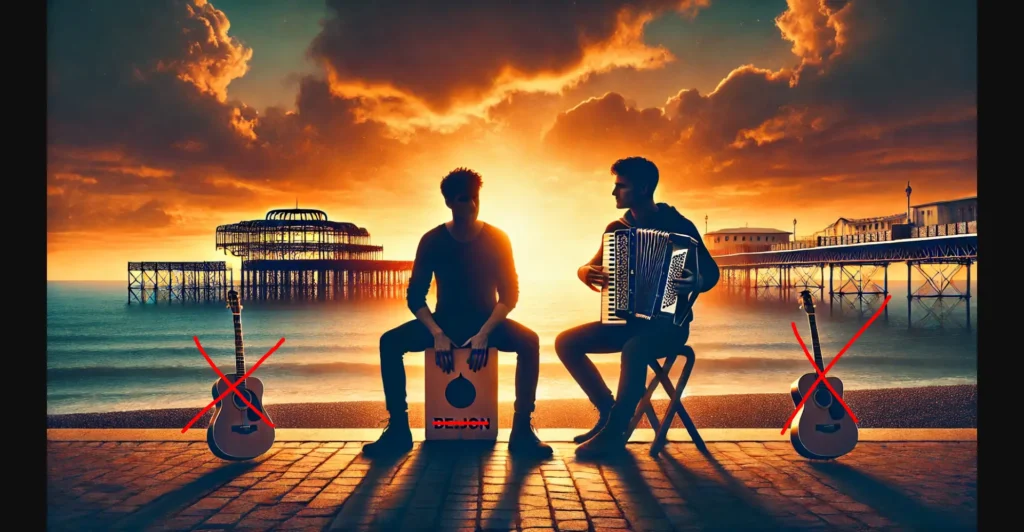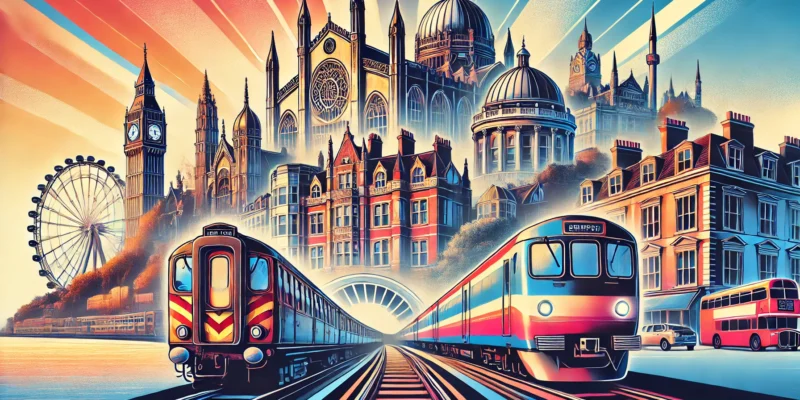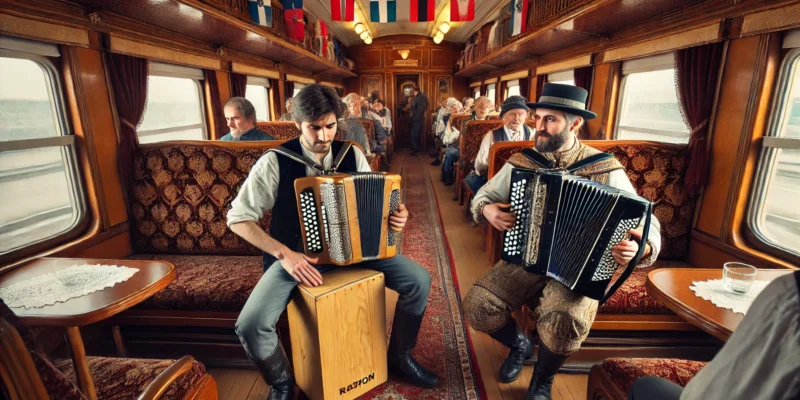It began, as many ambitious projects do, with something simple: I needed a percussionist. Just one. Someone with rhythm, soul, a pair of hands — ideally attached to a human being. But even that proved elusive. And when it came to the next phase of the project — recruiting and training an eight-piece choir — the reality hit hard: at this stage, it would be impossible.
So I decided to build my own.
That’s right. A choir of eight robotic heads, each with its own speaker, its own voice, and most importantly, its own expressive personality. Not puppets. Not sound installations. These are fully embodied performers.
🤖 The Choir of the Future: How It Works
Each robotic head is a character in its own right — a face in the ensemble, a voice with a point of view. Here’s how the whole system functions:
🧠 One “Head Head”
The central brain of the operation:
- A Teensy microcontroller handles USB MIDI output to my laptop.
- A paired ESP32 module broadcasts real-time control data using ESP-NOW, a fast and stable wireless protocol.
- It acts as conductor, timekeeper, and occasionally, a mischief-maker.
🗣️ Eight Singing Heads
Each of the eight robotic heads includes:
- A Creative Pebble speaker embedded in a silicone face that acts as the mouth.
- A jaw, eyes, and eyelids, animated using servos.
- One camera eye, and one LED screen eye.
- Two tiny front-facing ears, with built-in microphones or sensors.
- An ESP32 to receive wireless instructions and control local motion and behavior.
Each head can:
- Generate or interpret MIDI phrases.
- Animate its mouth and eyes in sync with what it “sings”.
- Embody a personality — from shy whisperer to solo-hungry diva.
🎛️ Audio System
- Each head receives its own audio channel from an ESI GIGAPORT interface.
- A laptop running Ableton Live sends independent tracks to each head.
- Voices, drones, glitches, melodies — spatially isolated and theatrically aligned.
🧩 Expression and Memory
This choir doesn’t just perform. It remembers. Each head can store its own fragments of melody, a vocal vocabulary (“la”, “fa”, “oo”), and behavioural rules.
Personalities and presets can be updated in real-time:
“You’re now the lead.”
“You’re just vibing in the background.”
“You only sing when two others are quiet.”
It’s a system designed for emergent theatre — not just harmony, but character.
🎭 Why This Isn’t Just a Gimmick
This project started out of necessity. But it’s become something more:
It’s about what performance becomes when human expression is externalised, mechanised, and made modular.
It’s about satire, identity, glitch, and control.
I don’t want to simulate a choir. I want to build a real one — just with parts you can solder, and personalities you can upload.
Follow along as I prototype, animate, and rehearse with the world’s most unpredictable chorus line. One thing’s for sure: they’ll never complain about the catering.

